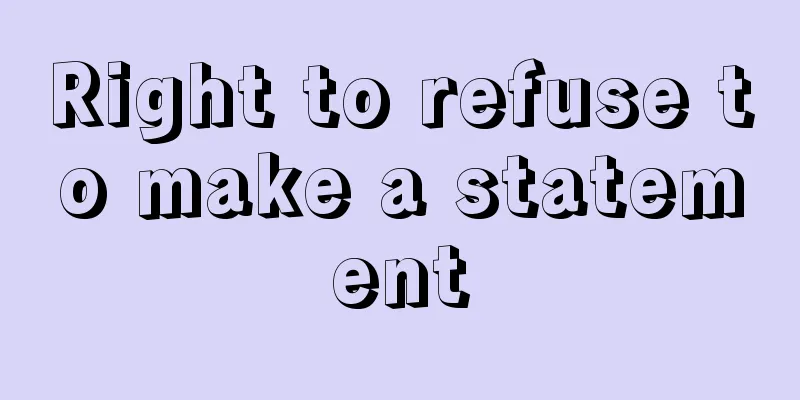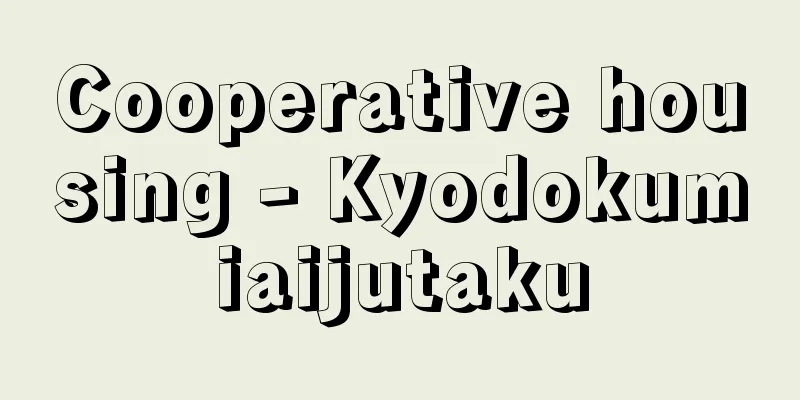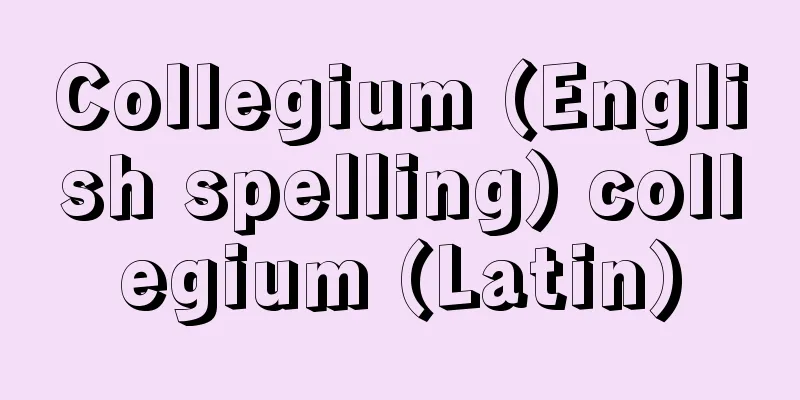Right to refuse to make a statement

|
Suspects and defendants may refuse to make statements in response to individual questions. Article 38, paragraph 1 of the Constitution provides that "No person shall be compelled to make statements against his or her will," guaranteeing the suspect or defendant's right to refuse to make statements. Article 198, paragraph 2 of the Code of Criminal Procedure provides that when questioning a suspect, investigators "must inform the suspect in advance that he or she is not required to make a statement against his or her will," thus specifying the suspect's right to refuse to make a statement. Article 311, paragraph 1 of the Code also provides that the defendant's right to refuse to make a statement is "the defendant may remain silent throughout the trial or refuse to make a statement in response to individual questions." The presiding judge must inform the defendant of his or her right to remain silent and to refuse to make a statement at the opening proceedings of the trial (Article 291, paragraph 3 of the Code). There is no substantial difference between the right to refuse to testify and the right to remain silent, but the right to remain silent is used when a suspect or defendant refuses to testify of their own volition, whereas the right to refuse to testify is used to mean the right to refuse to make a specific statement when asked to do so. A witness' statement has the effect of testimony, and refusing to do so without a valid reason is punishable by a non-penal fine, fine, or detention, but a witness may refuse to testify if he or she is at risk of being criminally prosecuted or convicted (Articles 146-149 of the same law). This is called the right to refuse to testify, and is distinct from the right to refuse to testify. [Ichiro Uchida and Morikazu Taguchi] [References] | | |Source: Shogakukan Encyclopedia Nipponica About Encyclopedia Nipponica Information | Legend |
|
被疑者・被告人が個々の質問に対して供述を拒むことができること。憲法第38条1項は、「何人(なんぴと)も、自己に不利益な供述を強要されない」と規定して被疑者・被告人の供述拒否権を保障している。刑事訴訟法第198条2項は、被疑者の取調べに際して捜査官は「あらかじめ、自己の意思に反して供述をする必要がない旨を告げなければならない」と規定して被疑者の供述拒否権を具体化し、また、同法第311条1項も「被告人は、終始沈黙し、又は個々の質問に対し、供述を拒むことができる」として被告人の供述拒否権を具体化している。裁判長は、公判の冒頭手続で、被告人に対して、黙秘権、供述拒否権を告知しなければならないとされている(同法291条3項)。供述拒否権と黙秘権とは実質的な意味に違いはないが、黙秘権が被疑者・被告人が自らの意思で供述を拒む場合に用いられるのに対して、供述拒否権は具体的な供述を求められた場合にこれを拒む権利の意味で用いられている。なお、証人の供述は証言としての効力をもち、これを正当な理由なく拒むと過料、罰金または拘留に処せられるが、自己が刑事訴追を受けたり有罪判決を受けるおそれのある場合などには証言を拒むことができる(同法146条~149条)。これを証言拒絶権といい、供述拒否権とは区別される。 [内田一郎・田口守一] [参照項目] | | |出典 小学館 日本大百科全書(ニッポニカ)日本大百科全書(ニッポニカ)について 情報 | 凡例 |
<<: Testimonial evidence - Kyojutsushoko
>>: Theory of instructional stages
Recommend
scribbling
...After the 1973 American film American Graffiti...
Amidon Miiro Tateha - Amidon Miiro Tateha
...There are less than 10 species, and some schol...
X-ray reflecting telescope
...The large astronomical satellite HEAO-2 (Einst...
Air circuit breaker
… It is necessary to apply a strong cooling and d...
Large white umbrella mushroom - Large white umbrella mushroom
A poisonous mushroom of the Basidiomycete family,...
Deuterostomy
...Also, among the protozoans, phytoflagellates, ...
Corregidor (English spelling)
Local administrators in Spain and Spanish American...
Practice song - Practice song
A musical term. A translation of the French word ...
Nekheb
…the vulture-like goddess of Nekheb (now El-Kab),...
Tamikichi Kato
Year of death: 7/4/1824 (7/29/1824) Year of birth:...
Curling - karingu (English spelling) curling
A type of sport played on ice. Players slide roun...
Saburo Kasai
…Years of birth and death unknown. Based in Kasai...
fauxbourdon
… The height of vocal polyphony was during the Re...
Kellog, OD (English spelling) KellogOD
…The solution to (4) is a fixed point of the oper...
Talorchestia brito (English spelling) Talorchestiabrito
...The closely related O. p . japonica (illustrat...









